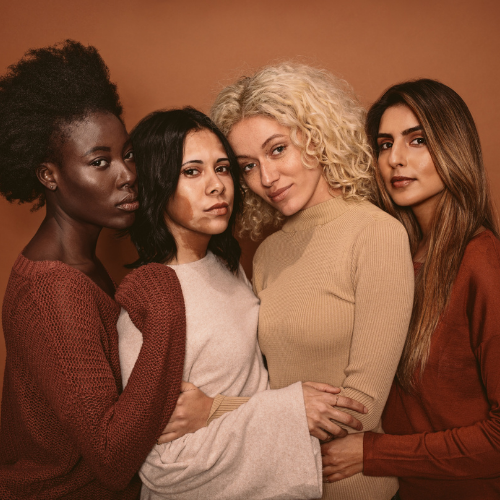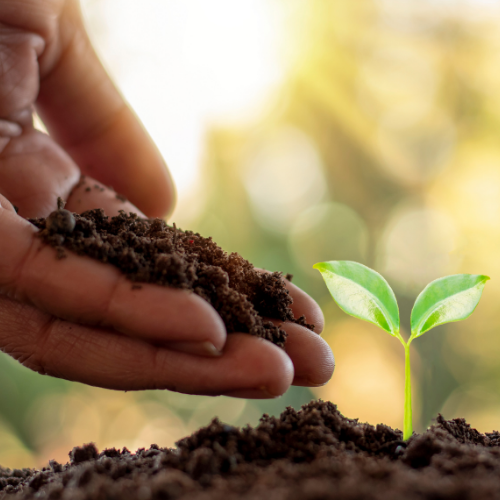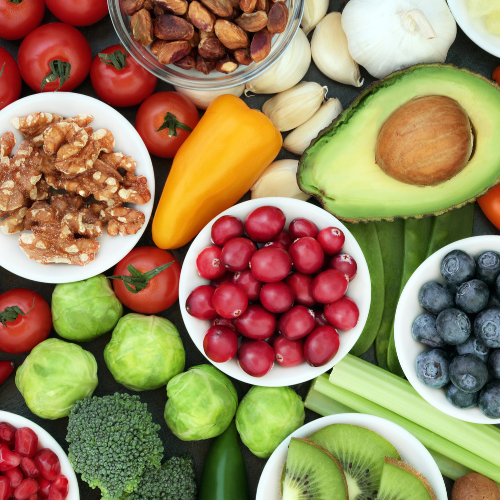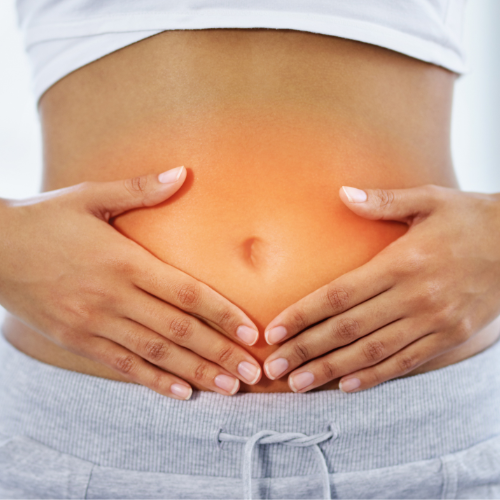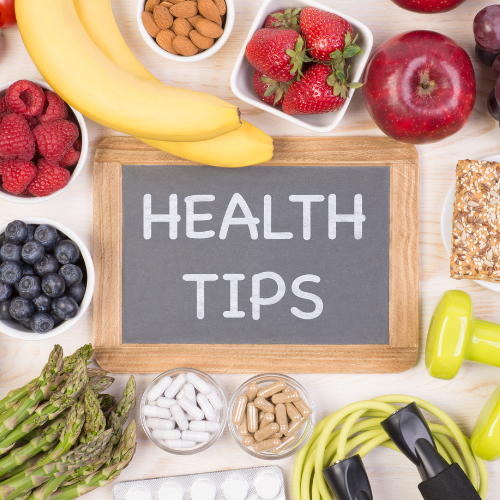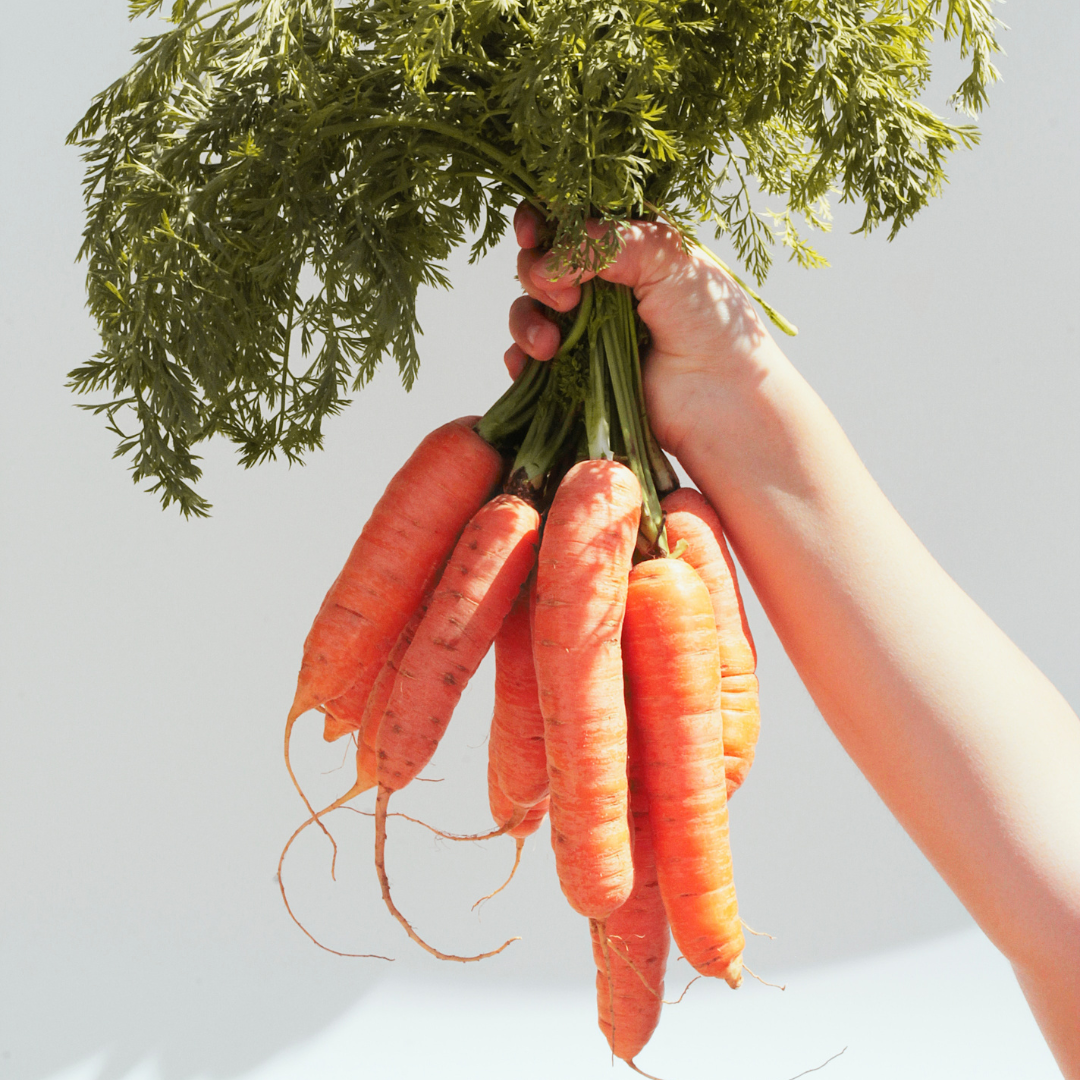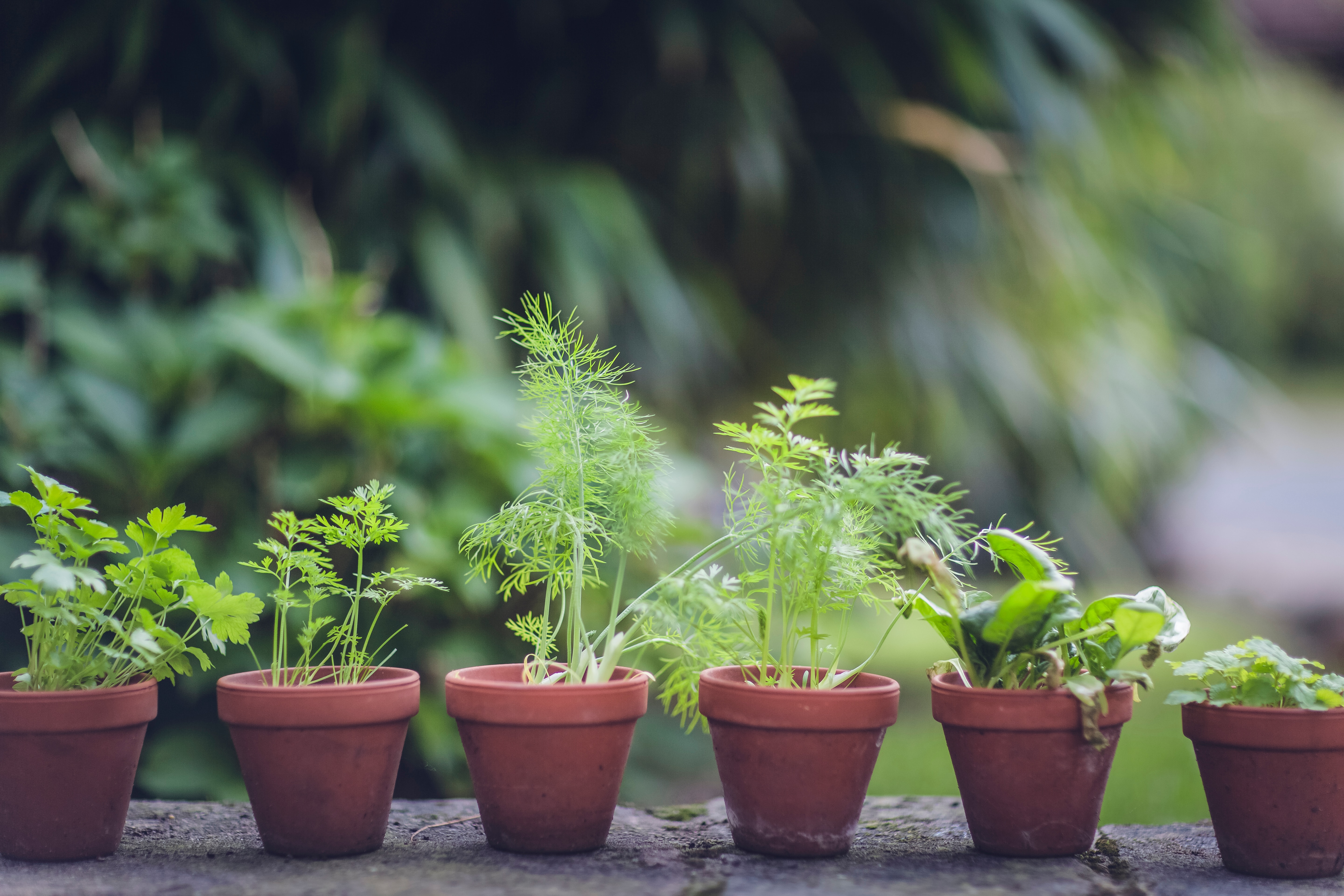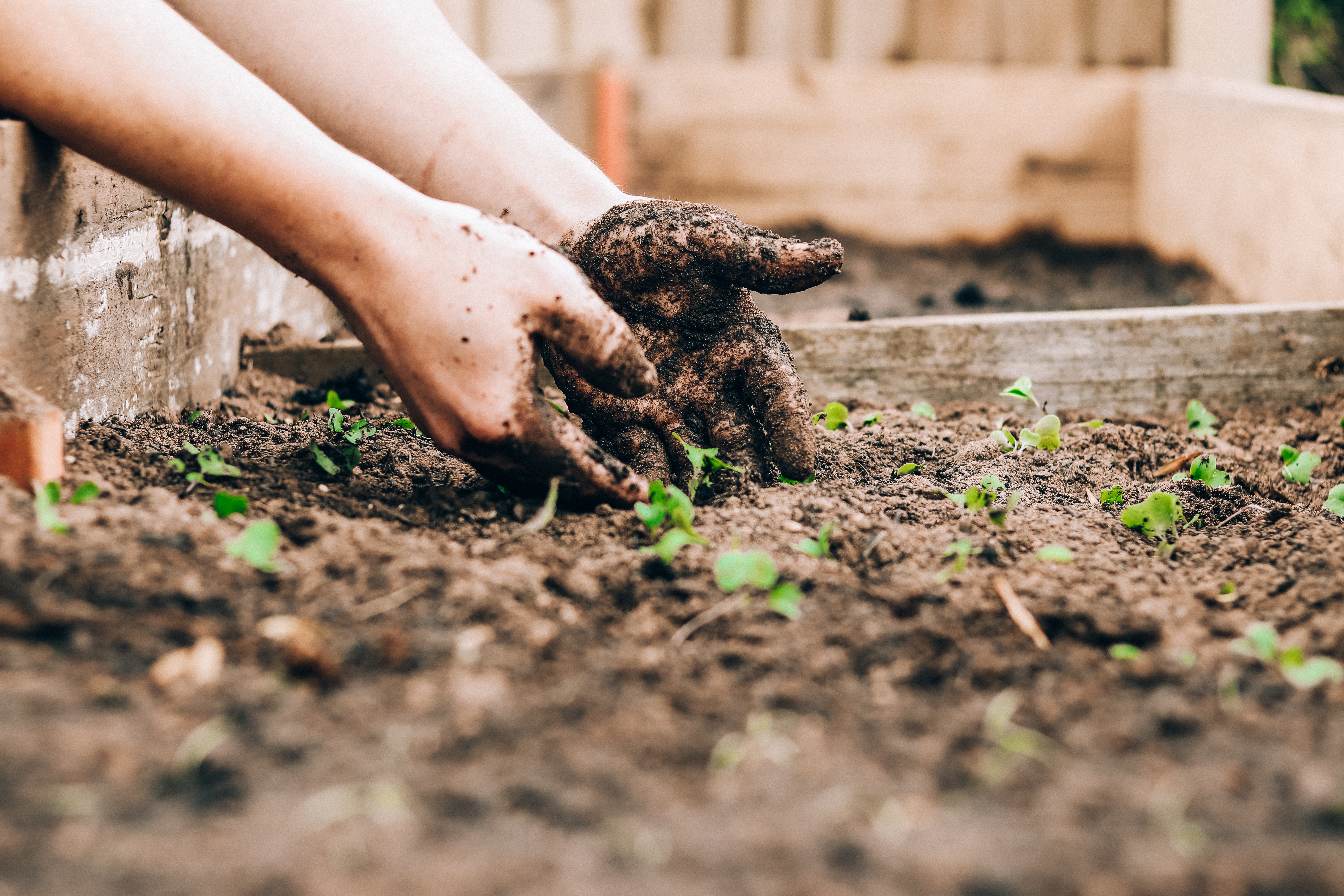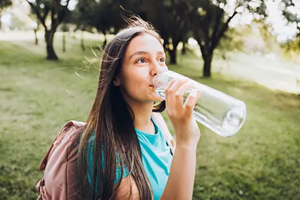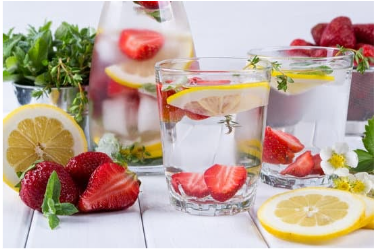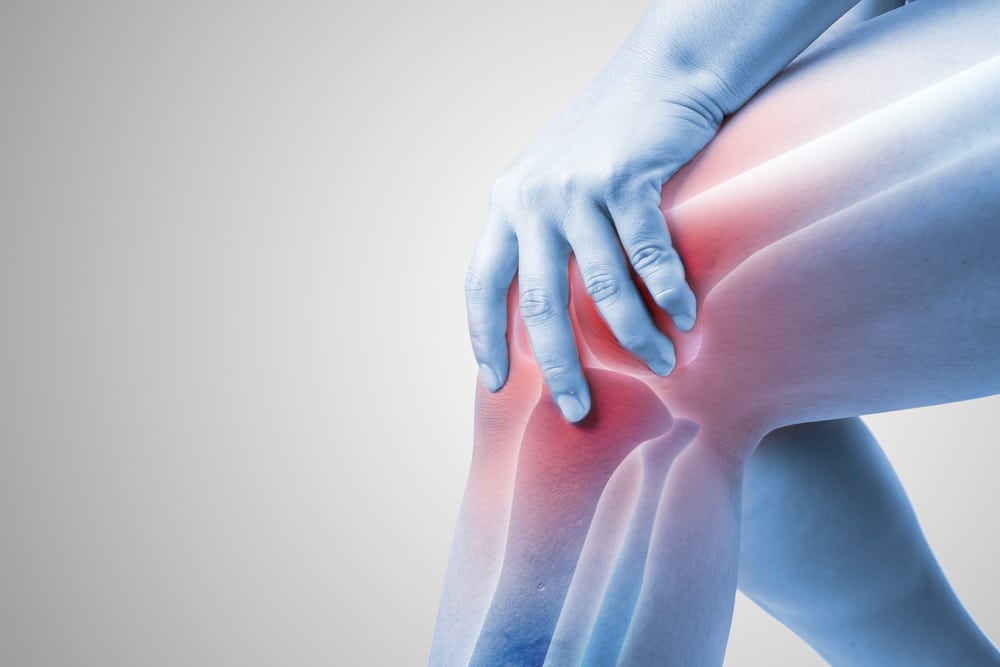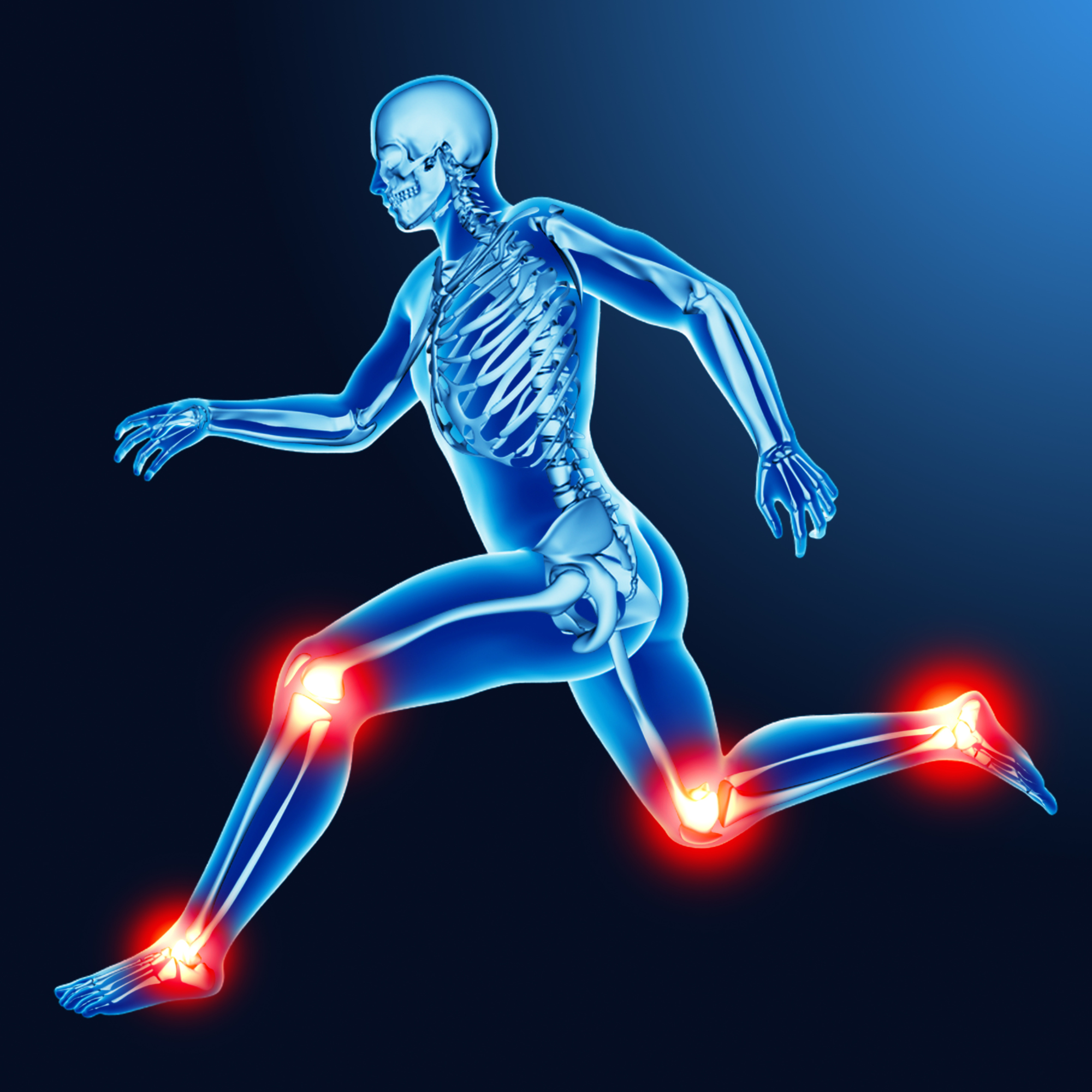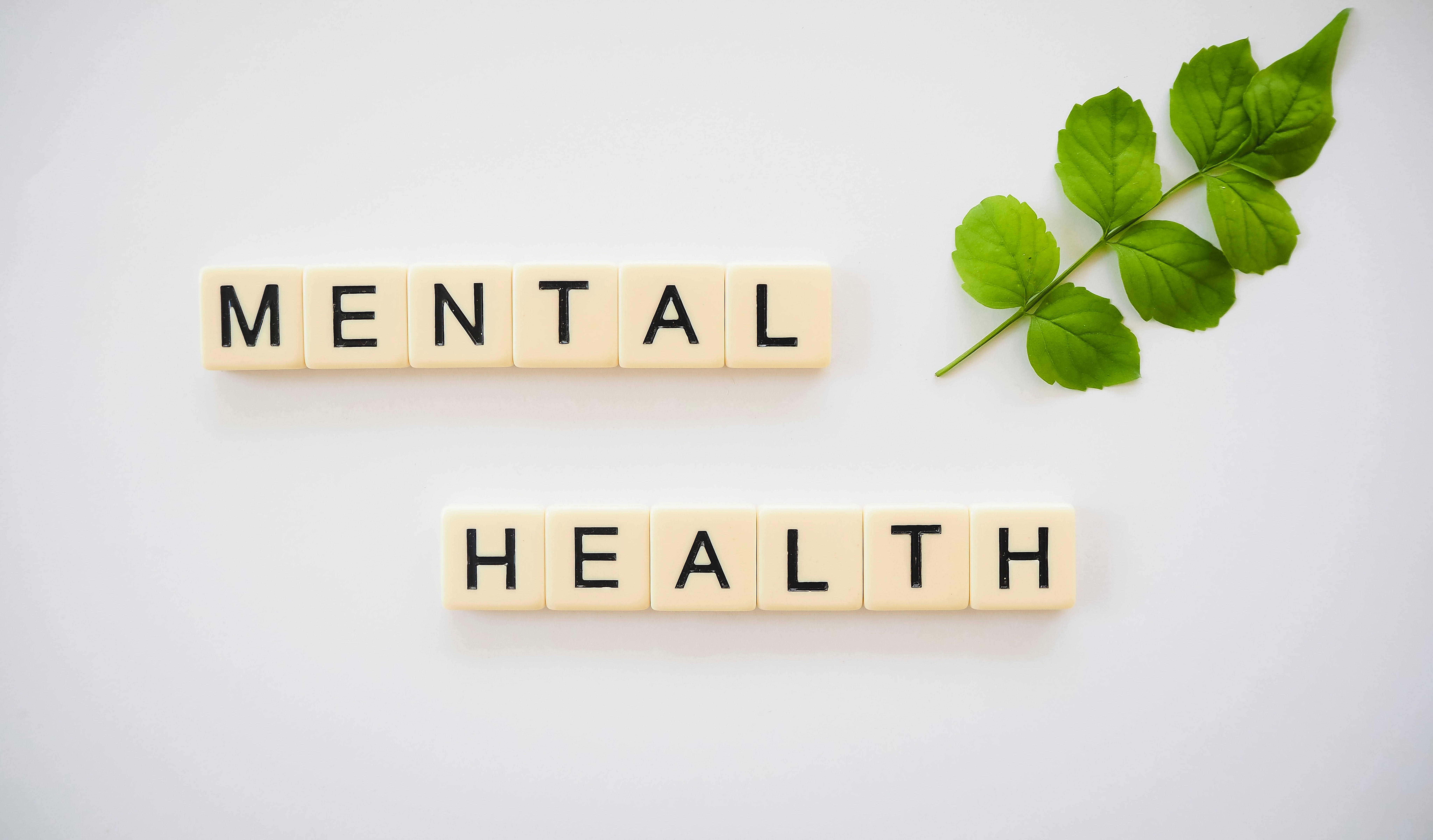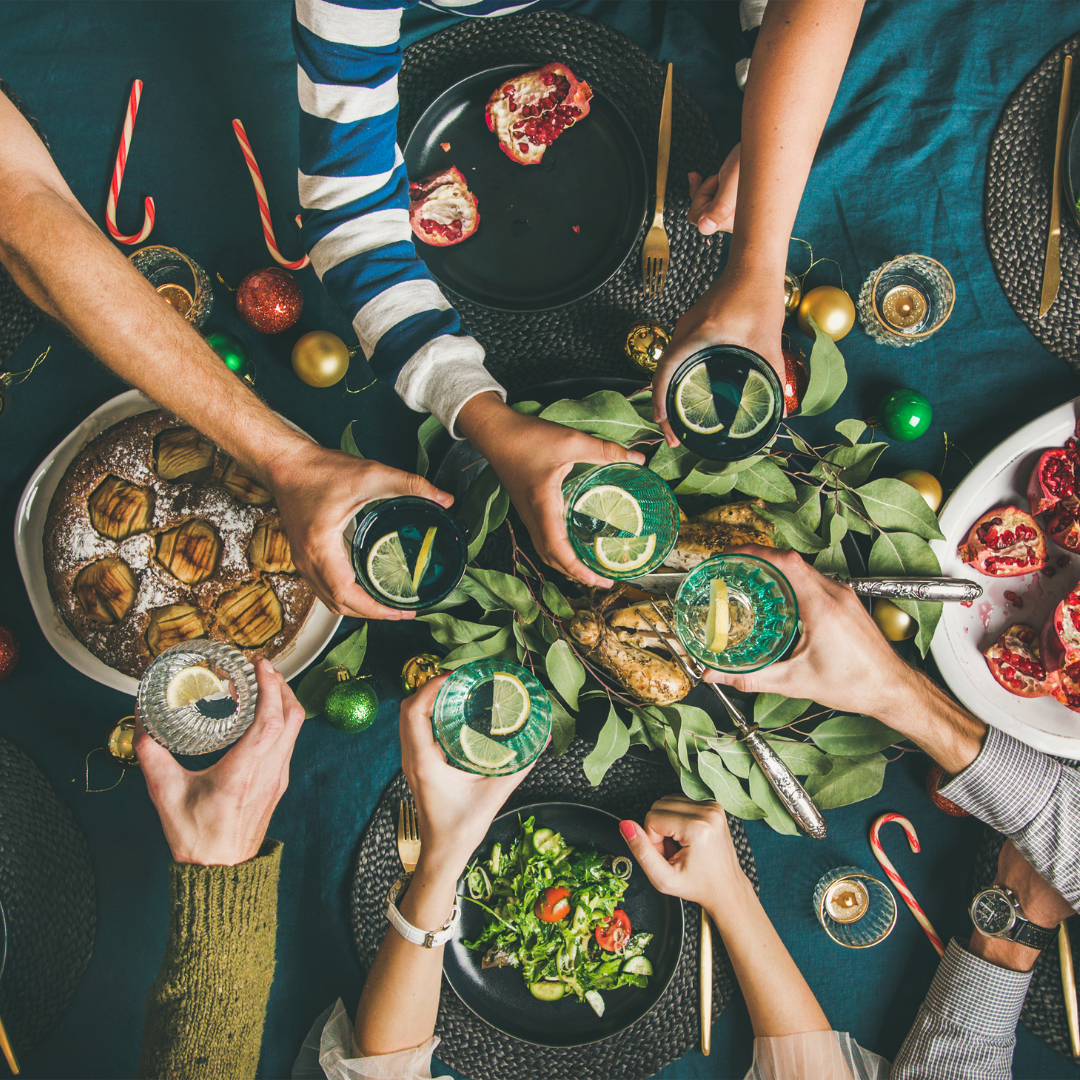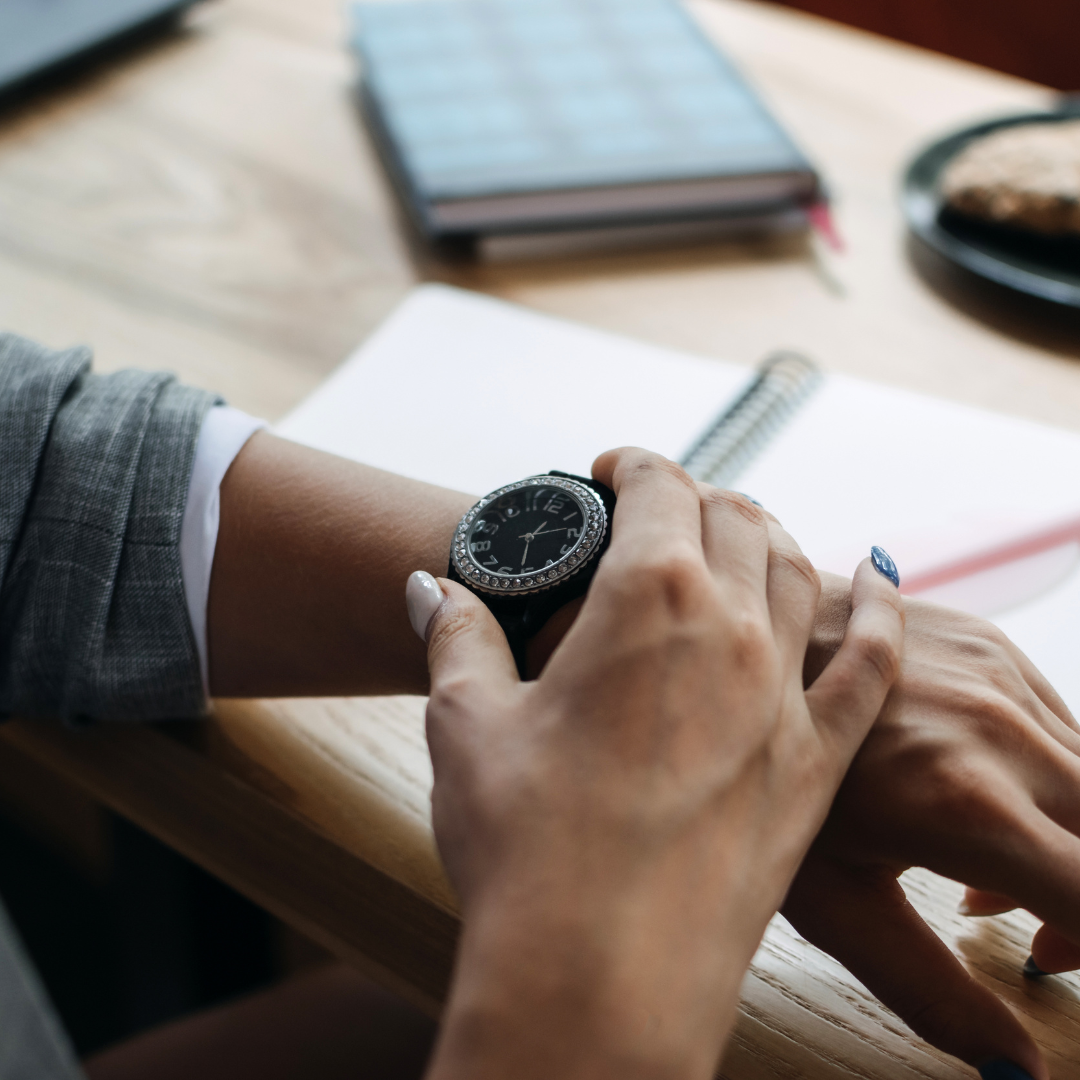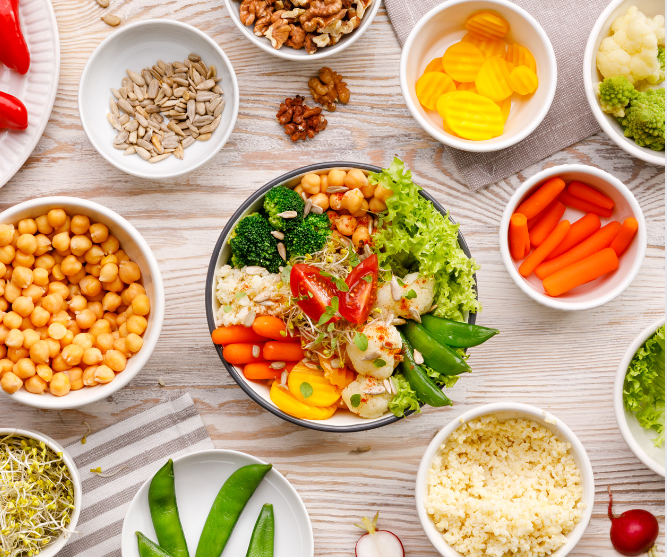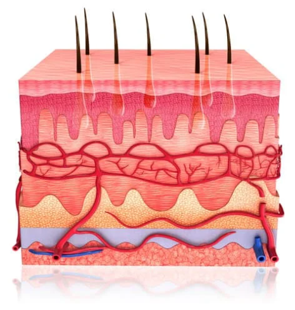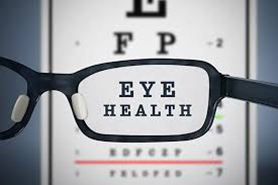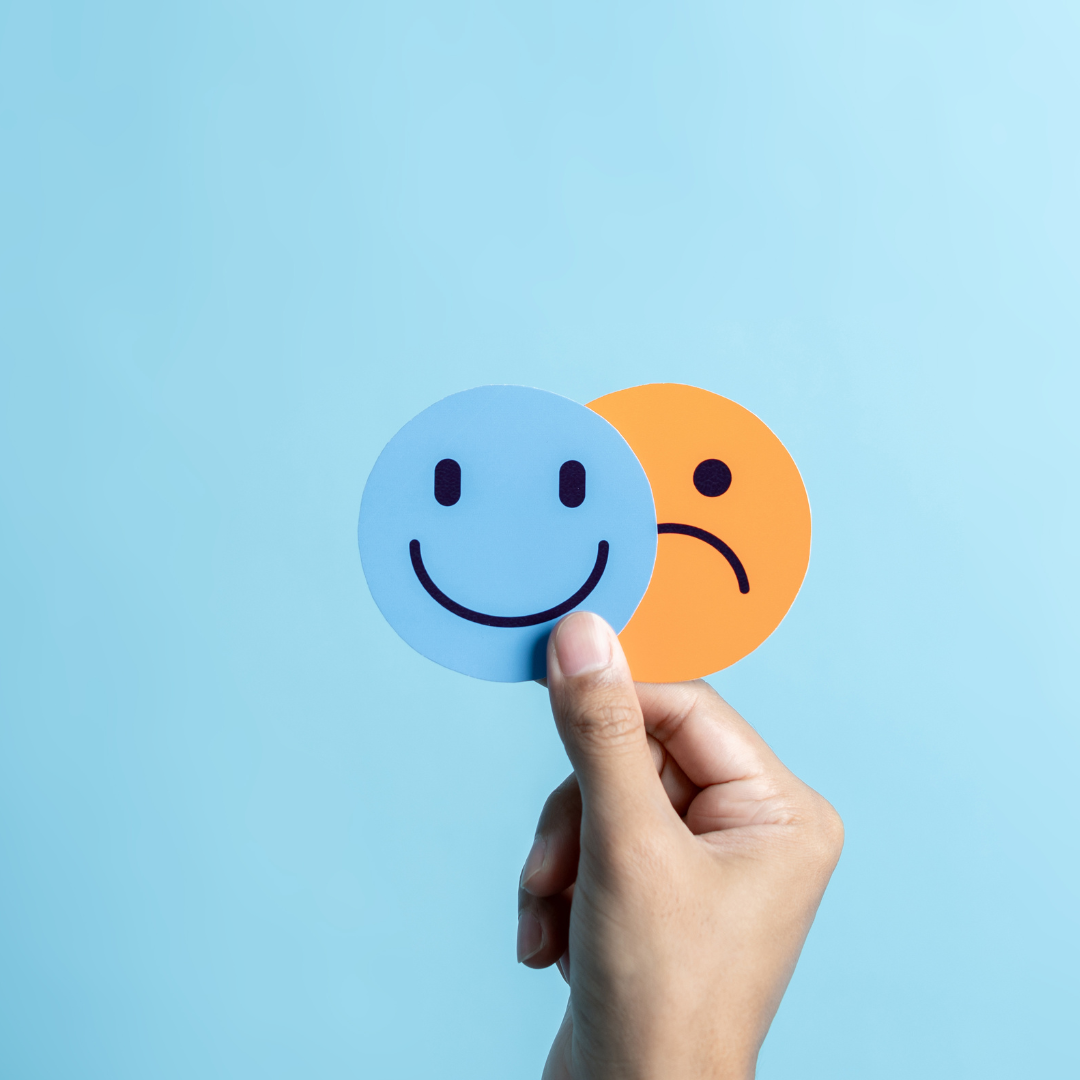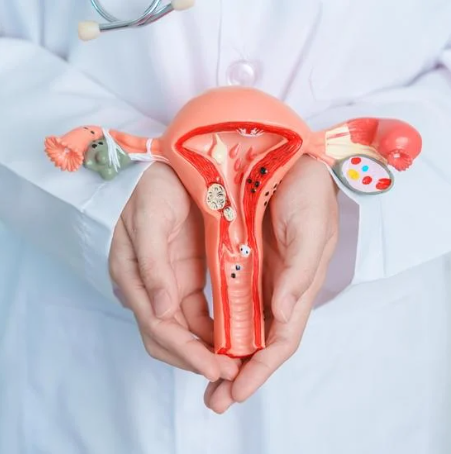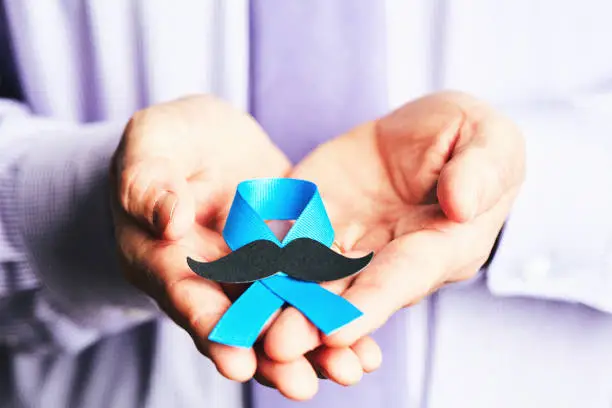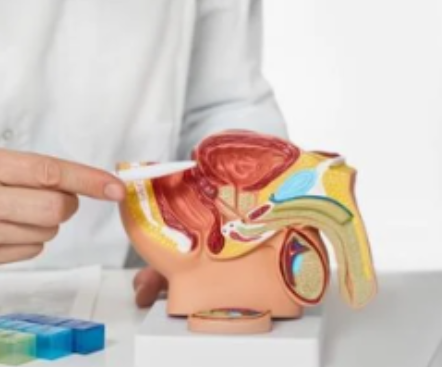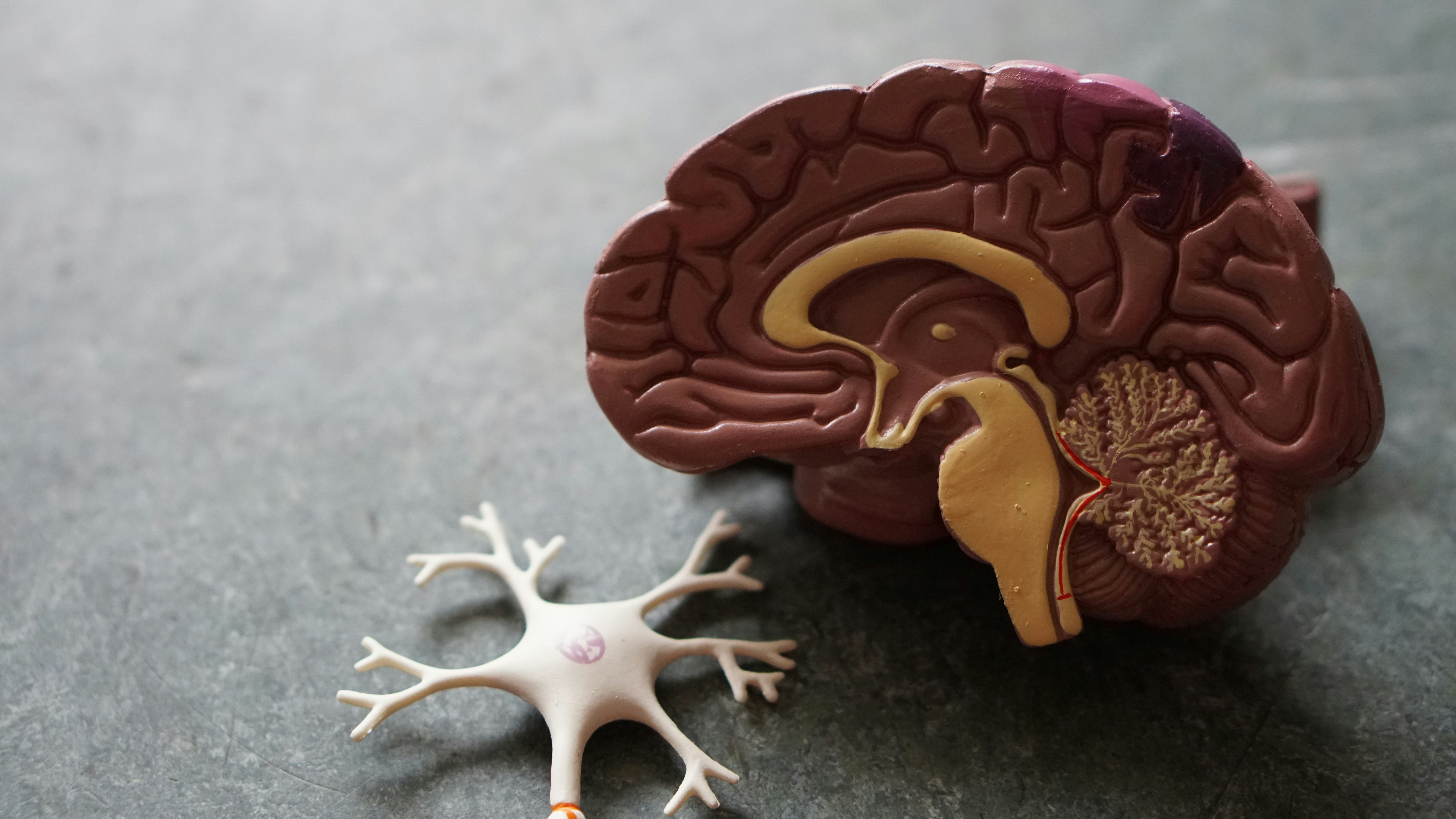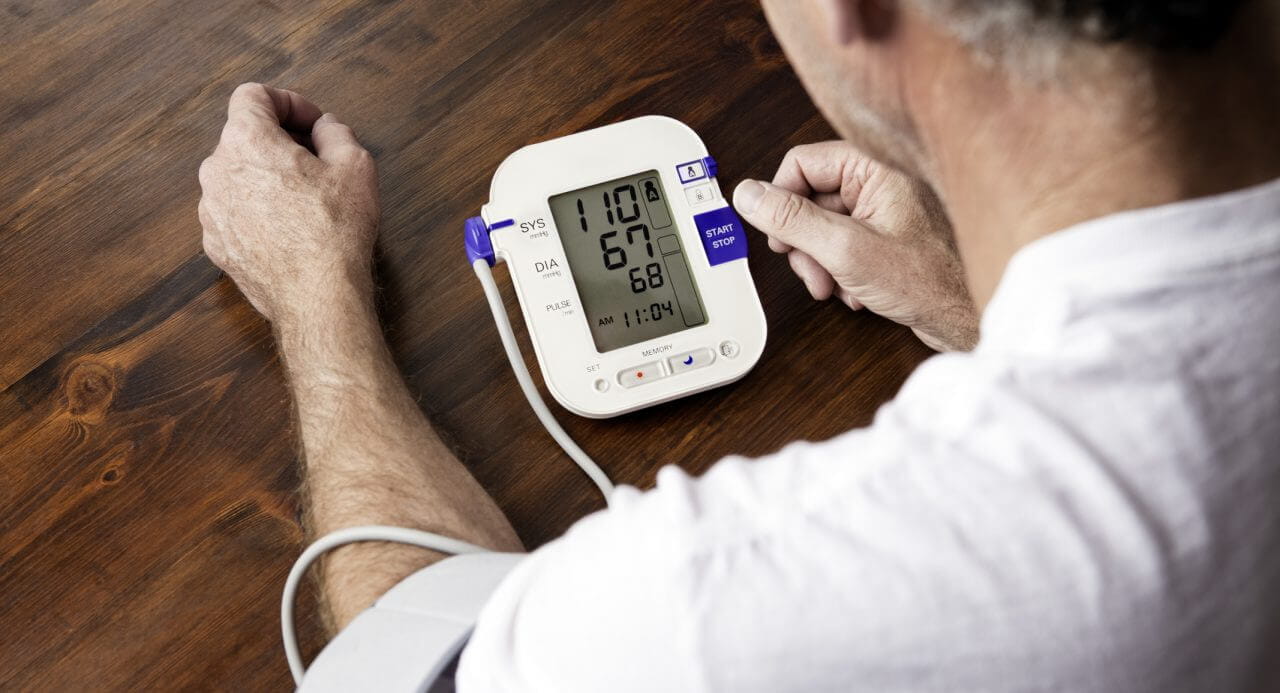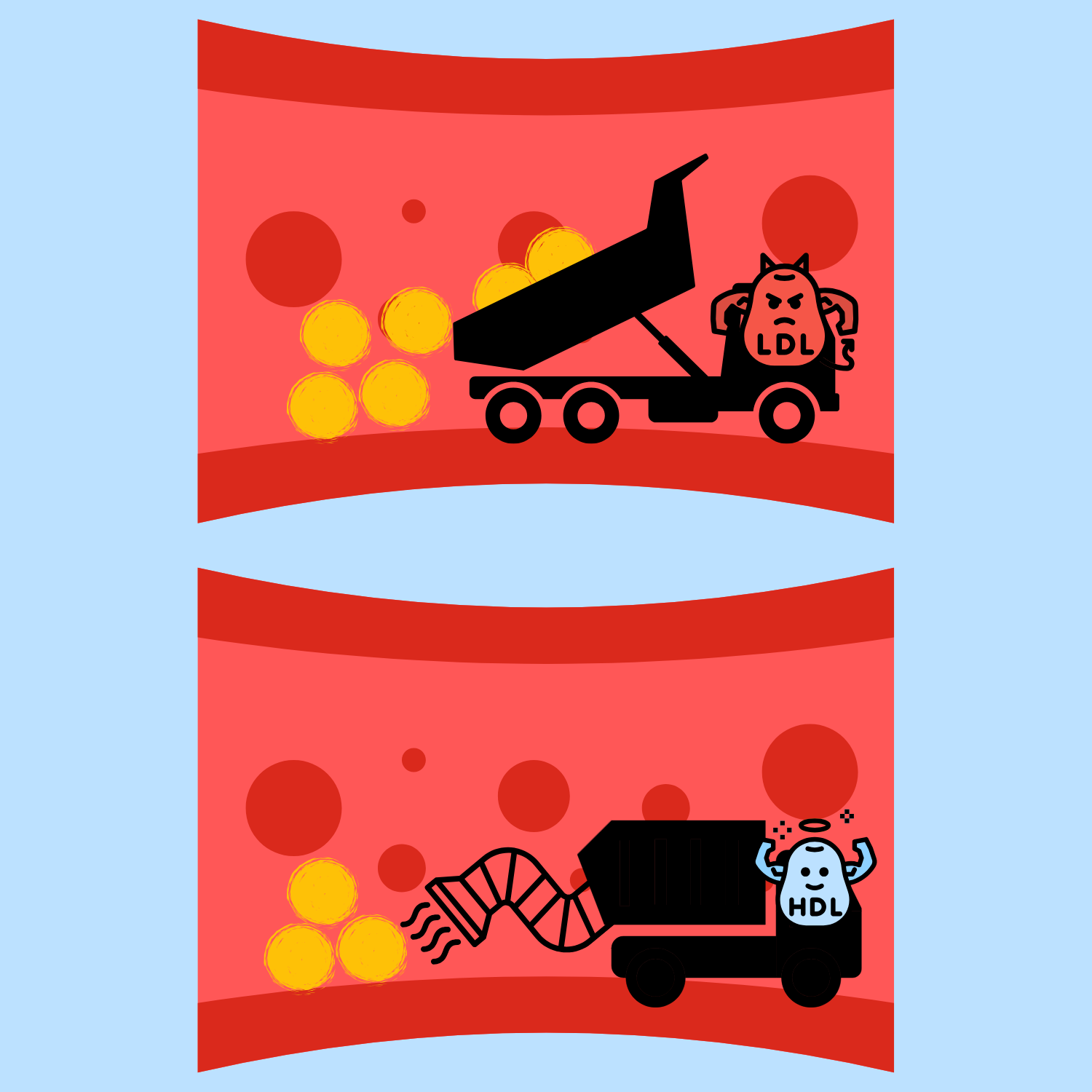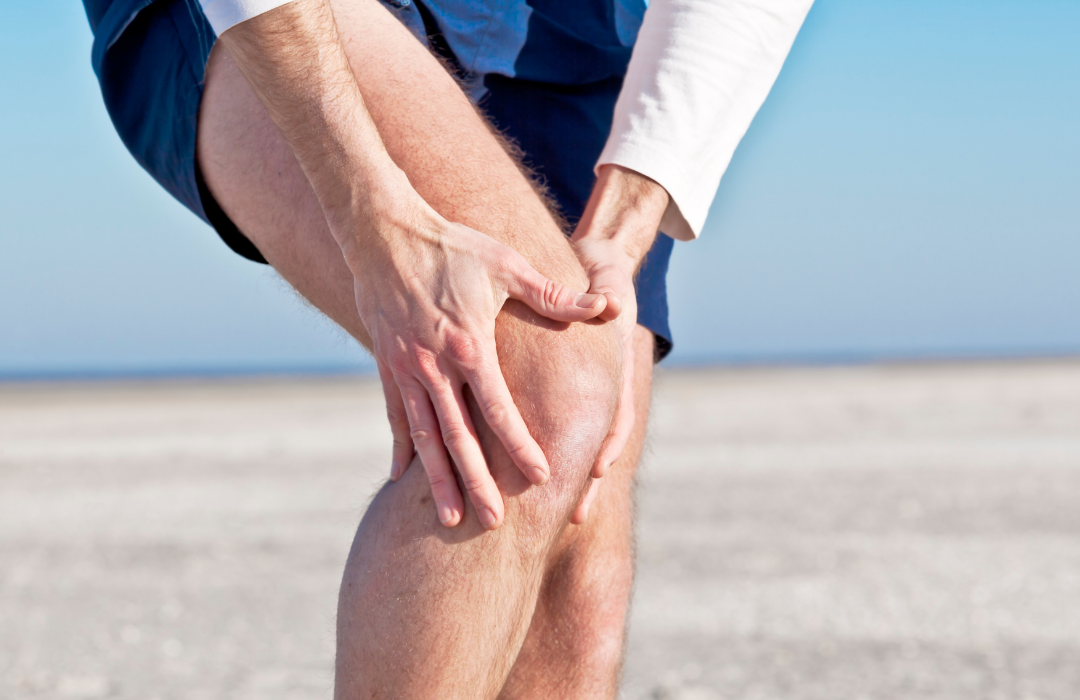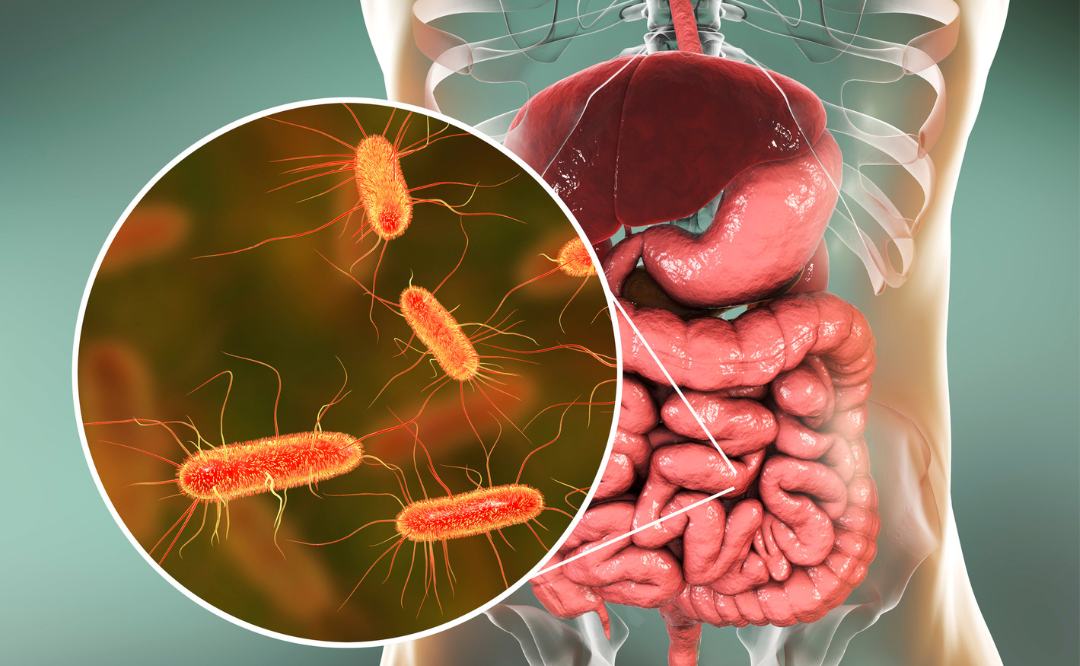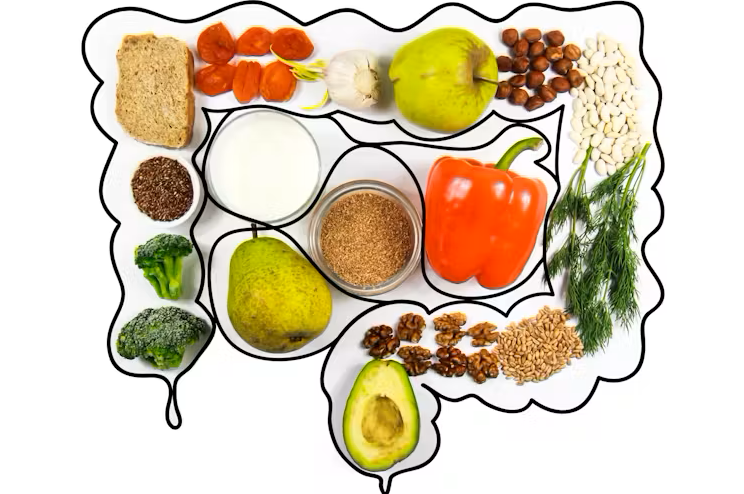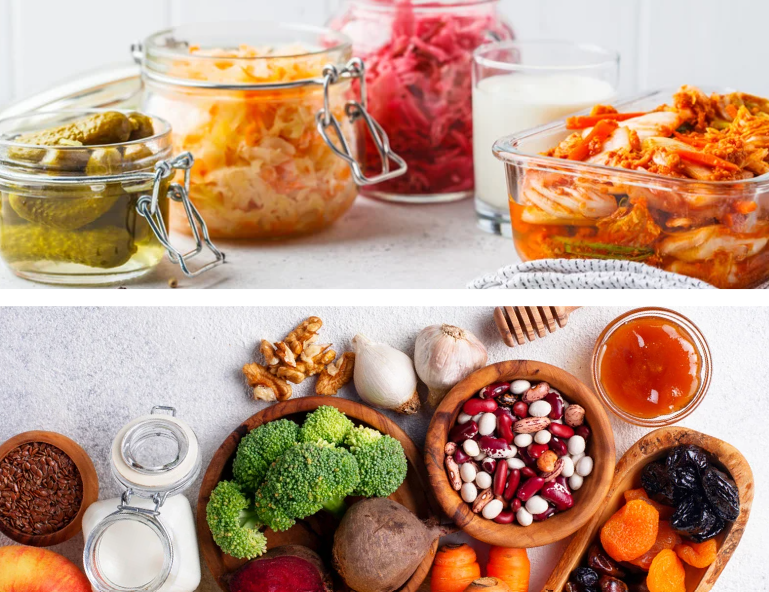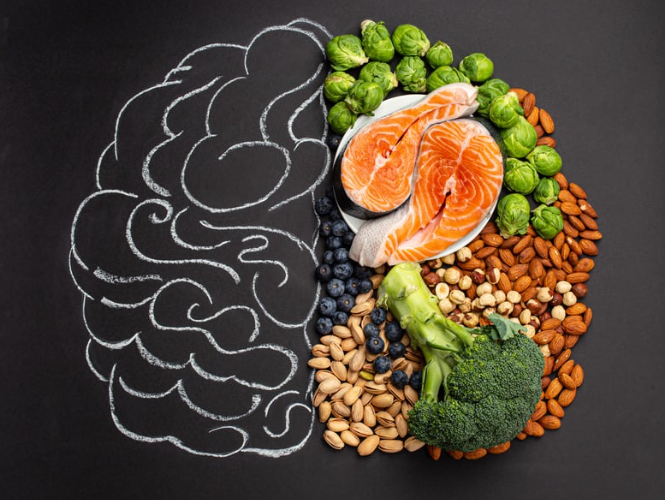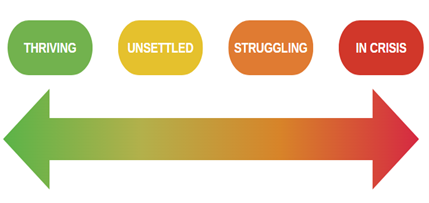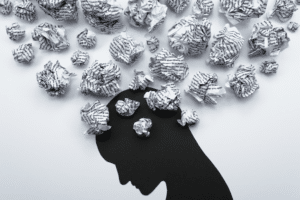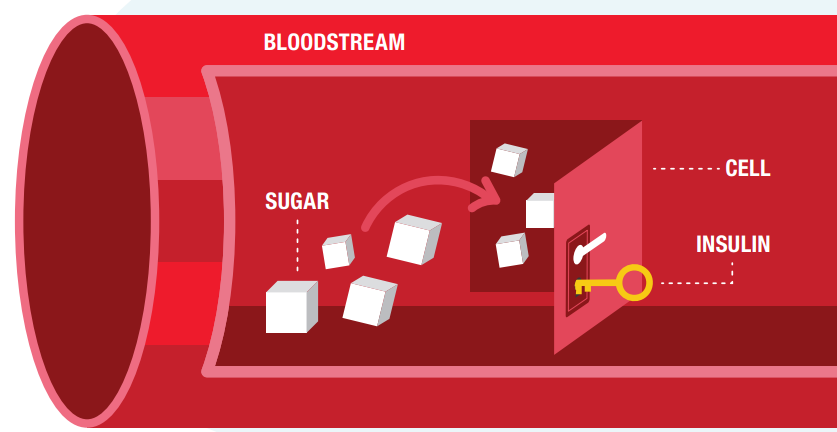

Vegan and vegetarian diets have gained popularity over the last few years. This surge is due to many factors, including ethical, environmental, cost, and health reasons. Some research suggests that eating a vegetarian diet can help prevent diabetes, high blood pressure, and high cholesterol. It is important to remember that no diet is created equally when it comes to our health. Some vegan and vegetarian diets can lead to low amounts of protein and other nutrients like vitamin B12, iron, zinc, and calcium. Some vegetarian diets also include plenty of processed foods, which negatively impact our health. So how do you include more plant-based options in a healthy way to make sure you get enough protein and other nutrients? Keep reading to find out!
The amount of protein you should eat depends on your weight. To calculate how much protein you need, use the following equation:
Your weight in kg x 0.8 = grams of protein you should eat each day
Please note, this calculation changes for children and during pregnancy. Below is a list of how much protein is in common vegan and vegetarian foods.
- 60 mL or ¼ cup pumpkin seeds - 17g
- 175 mL or ¾ cup Greek yogurt - 14g
- 60 mL or ¼ cup hemp seeds - 13g
- 125 mL or ½ cup cottage cheese - 13g
- 150g or ¾ cup firm tofu - 12g
- 2 large chicken eggs - 12g
- 50g or 1 ½ oz cheese - 12g
- 175 mL or ¾ cup beans, peas, or lentils (cooked) - 12g
- 250 mL or 1 cup cow’s milk - 9g
- 250 mL or 1 cup fortified soy beverage - 7g
- 30 mL or 2 Tbsp various nut/seed butters - 4g-8g
- 60 mL or ¼ cup various nuts/seeds - 4g-8g
To make sure you are getting proper nutrition from vegan and vegetarian sources, you will want to include dark leafy greens, beans, peas, lentils, and soy products. Including these foods will help you get enough calcium, iron, and zinc. Most vitamin-B12 is found in animal products. It can be difficult to get enough B12 without adding a supplement for those eating plant-based. Similarly, iron from plant-based sources is hard for people to absorb. Eating vitamin C-rich foods like peppers, strawberries, broccoli, and citrus foods with iron-containing foods can help your body to absorb the iron.
Writer: Amy McKeown, Health Promotion Coordinator















































